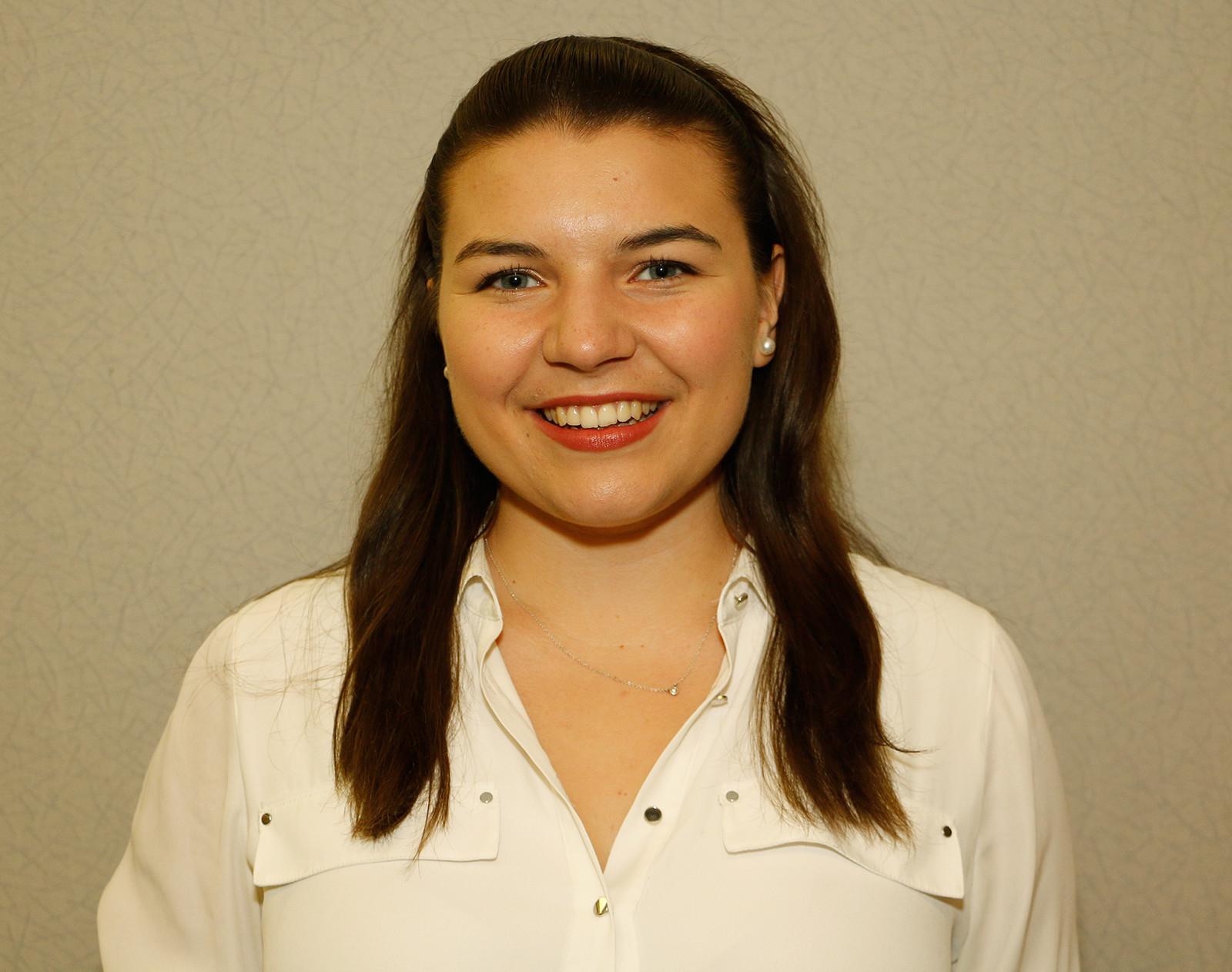If there is one thing I have learned from observing the world this year, it is that it’s easy to cheat. From Melania Trump’s passionate, very original speech at the Republican National Convention to the ever-telling relations of the popular show “The Affair,” it seems cheating is inescapable. Events like these, in addition to a changing dating culture, have changed the way we now approach relationships. In a time where technology advances faster than we can fathom and you can find a beau quicker than you can find a pair of socks, we have made cheating easier. The ways in which it becomes possible to cheat have also expanded beyond what was historically probable.
Culturally, I feel like we are far removed from the school of thought that many French people have subscribed to for decades, even centuries. Although their school of thought may be changing, it generally describes a lifestyle that allows for, and sometimes even encourages, extra-relational affairs. Many celebrated writers of the early 20th century were known for their affairs. The culture of cheating reaches back far further than that, though. Sometimes I wonder how different literature would be if Molière were given access to Snapchat and Tinder. Although American culture is not without its pitfalls, I feel that we have yet to become a society where we openly accept affairs as a major part of our daily lives.
I am no stranger to the topic of cheating. I ended my first “relationship” in the eighth grade after I discovered the fact that he was also “seeing” one of my friends. I use these terms loosely because eighth-grade relationships are little more than holding hands, but according to my diary, the betrayal was pertinent. My first foray into the dating world had already picked me for the losing team. The aspects of physical cheating haven’t deviated far from what existed in the past, but the ways in which people can go about it have changed. You no longer have to take a horse-drawn carriage to your mistress’ house; you can just call an Uber.
I believe there is more to cheating than just the physical acts. Last semester, I had reconnected with someone from my past. Promises and phone calls were made, plans to visit, to talk, to ensure that closure was never reached. We talked well into March, until I was faced with the shocking news that he in fact had a girlfriend. The betrayal was instant, and the shock alone lasted well into the next week.
Maybe I was oblivious to the changing of the tides, maybe I didn’t read into his change of tone, maybe I chose to ignore all the signs because I innately knew what it meant.
My initial thought was sadness for the girl he was dating, a sadness that came from knowing that he wasn’t being honest with her. I know that I can lay no claims to him; we never attempted a “what are we?” talk or pretended to be more than two people at a crossroads. We were always caught between who we were and who we wanted the other person to think we could be, a dangerous ingredient when added to a long history of lingering feelings. I hated the thought that I was cast as the “other woman,” and technology had made all of that possible. I would never have to come face to face with his girlfriend in “Sex and the City” fashion. Advances in technology have changed our dating culture and made it easier to cheat emotionally and physically.
Relationships have become more complicated as the ways we can connect with each one another increase. What is cheating in a digital age? What’s flirting with someone for months when you’re in a relationship with someone else, neither one knowing about the existence of the other? There’s no real remedy to it, no real explanation that everyone can subscribe to. We have muddled the definition of cheating — it is now more than just a physical betrayal. It can be an emotional one, aided by technology.
























































































































